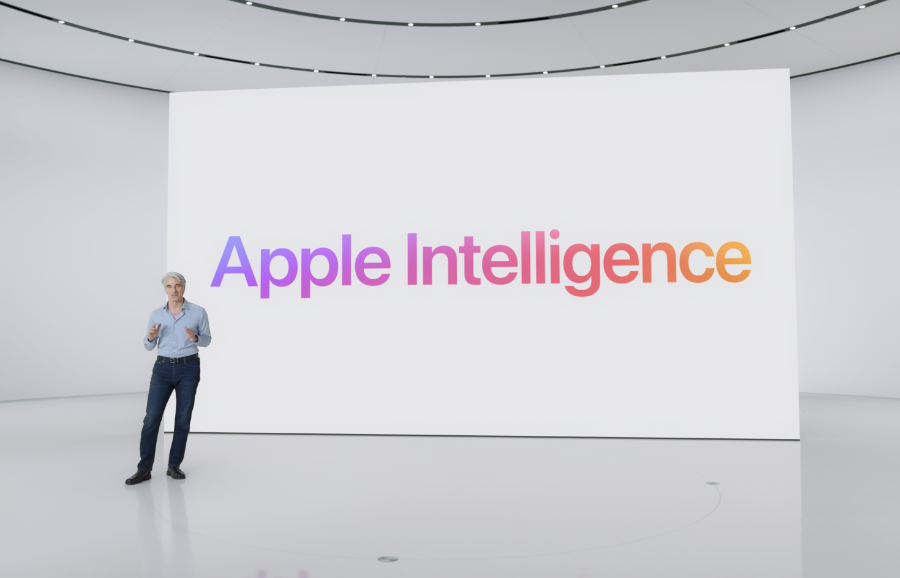Apple’s stock experienced a decline in early Friday trading following the company’s conservative holiday quarter outlook, which indicates a longer timeline for its artificial intelligence investments to drive iPhone 16 demand.
The tech giant is placing significant emphasis on its newly developed AI technologies, branded as Apple Intelligence, anticipating that these features will drive substantial handset upgrades. However, the implementation of these features, including enhanced Siri
capabilities, AI-powered image generation, and notification summaries, will be gradually rolled out over several months with limited initial market availability due to linguistic, technical, and regulatory challenges.
During Thursday’s earnings call, CEO Tim Cook outlined the company’s AI rollout strategy, announcing new features scheduled for December, including advanced writing tools and visual intelligence experiences incorporating ChatGPT integration. The company plans to expand localized English support to several markets, including the United Kingdom, Australia, and Canada, with additional language support beginning in April 2025.
The measured pace of this AI implementation appears to be influencing Apple’s modest revenue projections for the December quarter, with expectations set for “low to mid-single digits” percentage growth. This forecast disappointed investors who anticipated stronger early indicators of Apple Intelligence driving iPhone demand.
Gene Munster of Deepwater Asset Management suggests that the real impact of AI on iPhone sales might not materialize until the June quarter, describing the current situation as a “waiting game.” This sentiment was echoed by KeyBanc Capital Markets analyst Brandon Nispel, who maintained an “underweight” rating with a $200 price target.
Financial results for the September quarter showed earnings of $1.64 per share, marking a 12.3% increase year-over-year and exceeding analyst expectations by 4 cents. However, adjusting for a European tax ruling charge reduces this figure to 97 cents per share. Overall revenues reached $94.93 billion, slightly above forecasts, with iPhone sales hitting a September quarter record of $42.2 billion.
Wedbush analyst Dan Ives maintains an optimistic outlook with a $300 price target, projecting approximately 5% iPhone growth for the holiday quarter. Similarly, D.A. Davidson analyst Gil Luria remains bullish on iPhone 16 demand prospects, keeping a “buy” rating and $260 target.
The gradual rollout of Apple Intelligence features may create an unconventional sales pattern compared to previous iPhone cycles, according to Oppenheimer analyst Martin Yan, who highlighted encouraging early adoption rates of iOS 18.1 updates.
Cook addressed the unique nature of this product cycle, emphasizing that Apple Intelligence represents a compelling upgrade incentive, though its full impact will unfold over time. The company is focusing on executing its comprehensive vision for AI integration, as initially outlined at WWDC.
Wall Street’s overall response suggests a “patience” narrative, with several prominent analysts maintaining their previous price targets, including Citigroup’s Atif Malik at $255 and Piper Sandler’s Matt Farrell at $225.
In pre-market trading, Apple shares declined 1.9%, indicating an opening price of $221.61, as investors digest the company’s measured approach to AI implementation and its potential impact on future iPhone sales.

